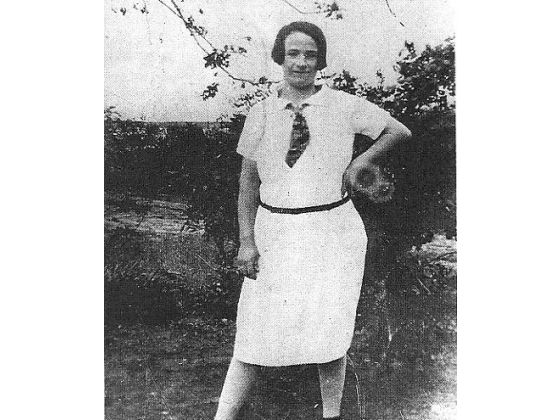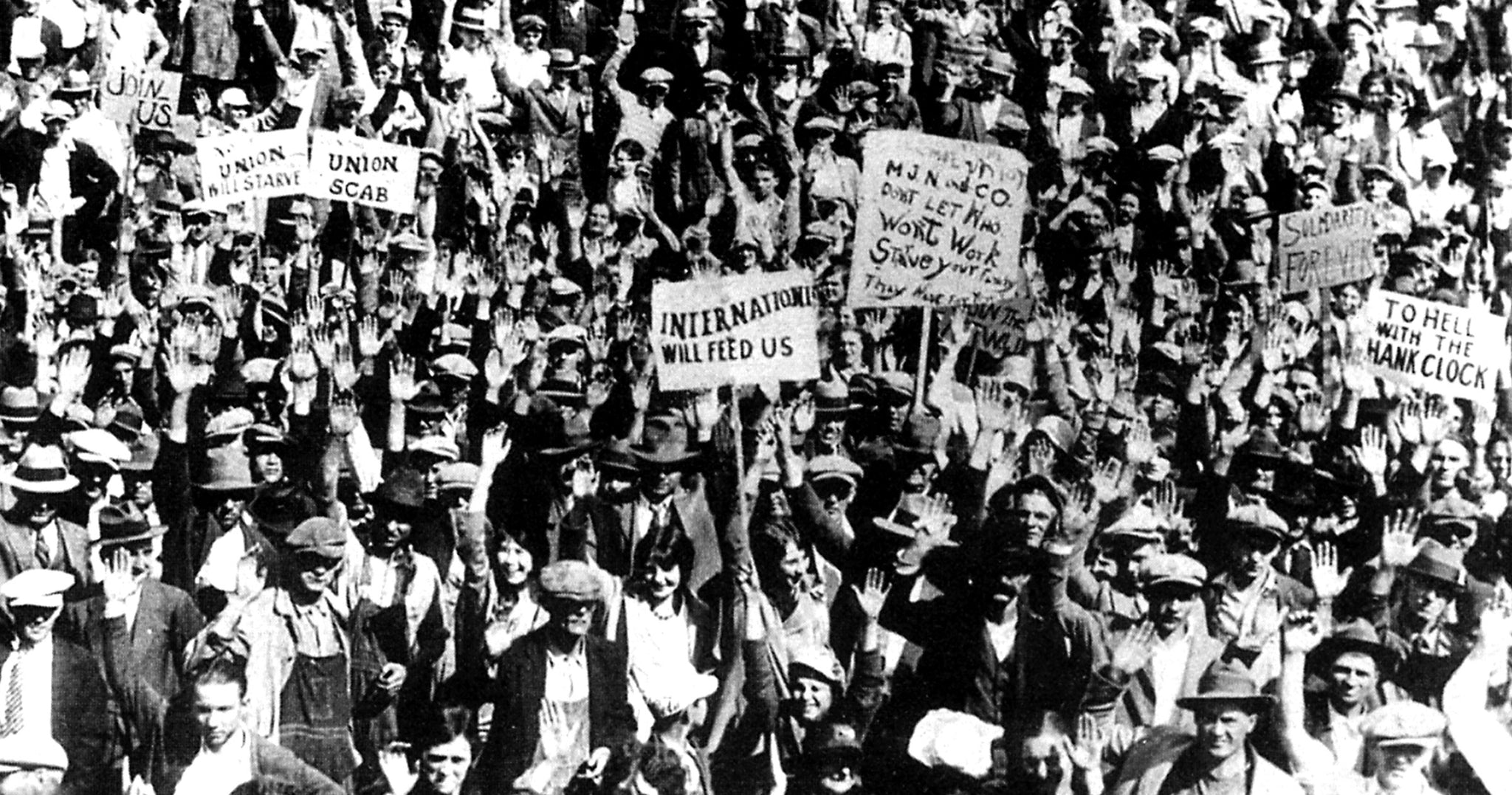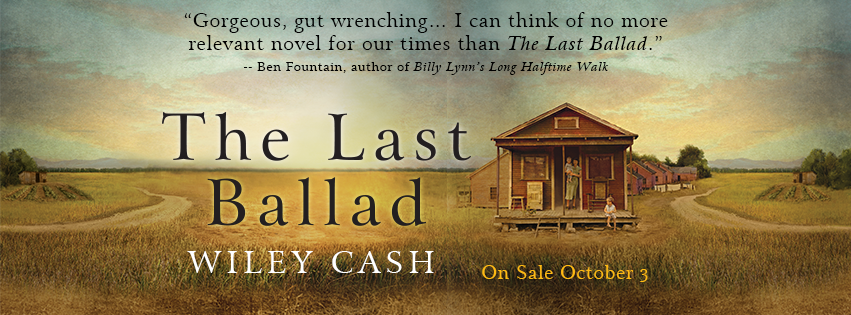Excerpt from Don Miller’s soon to be released, Thunder Across the Copperhead, a historical novel set against the backdrop of the Great Depression and the textile strife the depression helped to trigger.
Near Copperhead Creek, 1933
Sela Jean Morrow sat in the easy chair, wondering if this was the way the condemned felt awaiting execution. The thought was accompanied by a shiver having nothing to do with the cold. “Why did I allow Sarah and the Vicar to talk me into this?”
It didn’t matter, the Vicar had pointed out. “The church could raise the missed payments, but it would only put off the inevitable.”
Later the Bishop had resonated the same before saying, “It’s better to own part of something than all of nothing.” What other options did she have?
“You can turn to whoring in Elizabeth City,” Her mother’s voice echoed in her head.
Sela thought, “Or I can offer to share the marriage bed with a man I don’t know in exchange…doubt there’s much difference.”
Looking around the study she tried to get a feel for the man who resided within. Books lined the two inner walls, more in low bookcases under the windows and behind the desk. There were dozens of volumes. Most had the worn look of use. There were many subjects and Lucas Perry had them organized according to author and subject. Histories, historical novels, mysteries, and science fiction seemed to be preferred. An organized man…everything in its place.
Rising, she unbuttoned and removed her coat, carefully laying it on the arm of the chair. Moving about, she noted that aside from the books, there was little in the room to give her a clue to the man’s personality. Old photographs of his family sat on the mantle, she recognized a five or six-year-old Sarah and Lucas at ten or eleven. A photograph from Lucas’s boot camp graduation, taken from such a distance she couldn’t tell which Marine Lucas was. Framed discharged papers, and a shadowbox containing battle ribbons, badges, two chevrons, and three medals.
Sela Jean paused at his desk. A lamp and a stack of unlined letter-writing paper along with a composition notebook sat on the right, a pen and inkwell in the center and a framed, hand-colorized photograph of a pretty, young, blond nurse sat to the left along with a fuzzy, black, and white of Lucas and the unknown nurse sitting at a table, gayly smiling into each other’s eyes. Picking it up she wondered….
“Please put that down,” Lucas’ deep baritone caused her to jump.
Glancing over her shoulder, she saw him standing inside the glass doorway. She put the photograph down but decided she would not allow this man to intimidate her even if it was his home.
Turning toward him, she leaned against the desk before saying, “She is a beautiful woman. You both look so happy. Who is she?”
Lucas noted the deep, alto voice before answering, “Was, who was she? She was the love of my life. I’m sure Sarah told you about Jenny Malone.”
“Why would Sarah tell me about your love life?”
Hearing Archie’s Dodge crank, Sela Jean glanced out of the window.
“I told the vicar I’d take you home. I hope that is agreeable.” Before she could answer, he continued, “Miss Morrow, I’m not a player of games. My earlier conversation with my sister leads me to believe she is in league with the vicar and bishop and your cockamamie plan.”
“Their cockamamie plan. Mr. Perry, I’m just trying to survive and have no plan. And yes, it is fine. I can always walk from here if necessary. I’m three and a half weeks from being kicked to the ditch with no option other than joining the working girls in Elizabeth City or moving to the county home. It may well be cockamamie, but it is all I have.” Her voice was filled with anger.
“Please sit and cool off. I’m Lucas, okay?”
“I’m Sela then.”
Moving back to the chair, she sat stiffly upright, her hands together in her lap, and fixed Lucas with her dark eyes. Lucas found it disconcerting. She was a most attractive woman with her coppery complexion, freckles, and upturned nose. Her lips were full though pulled into a tight, straight line. What was more disconcerting was the intelligence and defiance he saw in her eyes. Suddenly the silence between them became oppressive.
As if needing a barrier, Lucas moved behind his desk and sat down, resting his elbows, and clasping his hands in front of him.
She broke the silence with a question, “You have a large library. Have you read them all?”
Leaning back in his seat he answered, “Yes, some more than once. I view them as windows to a world I’m not likely to visit. The same with the Radiola.”
“Most of the men I’ve met are not readers…unfairly, the thought uneducated comes to mind.”
Nodding agreement, “I would probably qualify.”
“You don’t sound uneducated.”
“I am self-educated. My mother instilled a love of books and words. As I traveled with the Marine Corps, she would send me books. Unless I was on liberty, reading and letter or journal writing were the only outlets I had other than card playing or craps, neither of which I am particularly good at.”
“What are you good at?”
“Interesting question…one I’ve not thought about.” Sela Jean noticed he squirmed as if the question made him uncomfortable. Finally, he relaxed and leaned back in his chair.
“I fix things. I seem to understand the inner workings of machinery even if I’ve never seen the machine before.”
“And now it is proposed you fix me…. Would you come over and sit next to me?” He hesitated but stood and came to the chair next to hers.
“Show me your hands.”
Again, he hesitated before asking, “Pardon?”
Smiling for the first time, she asked, “Am I speaking in tongues? Let me see your hands.”
He held them out and she took one and then the other. Her hands were not soft like Jenny’s but callused like his own, her nails cut short and, in some cases, broken. Still, her touch was as soft and light as a hummingbird.
Releasing them she sat back, “My mother always said you could tell a great deal about a man by his hands. Yours are familiar with work…but then I knew that. They are also clean as are your fingernails.”
“What does that mean?”
She smiled and shrugged, “That you have clean hands and fingernails…hygiene is important. You take the time to clean them.” Her smile made him laugh. He had a hardy laugh and it irritated her that she liked it.
Nodding toward the shadow box, she asked, “What do your medals mean?”
“That I survived, I guess. Except for the wound and overseas chevron, I never understood why I received them, and others didn’t.”
“What are they?”
Lucas stood and took the shadow box down, wiping a bit of dust before returning to sit beside her. He realized she could get him to talk. He wasn’t sure if that was good or not.
Pointing, “These are service ribbons at the top, the three medals are the Navy Cross in the middle, the French Legion of Honor on the right, and the Croix de Guerre on the left. The Wound Chevron is on the bottom left and Overseas Combat Chevron is on the right. The lanyard is the Fourragère which was awarded by the French to the Fifth and Sixth Marines.”
“Do you miss the Corps?”
“Maybe…until I think about Jenny and Haiti.”
“Jenny and Haiti?”
Until this novel is published, Don’s two other historical fictions, South from Sutherland’s Station, and Long Ride to Paradise are available at https://www.amazon.com/Don-Miller/e/B018IT38GM%3Fref=dbs_a_mng_rwt_scns_share





